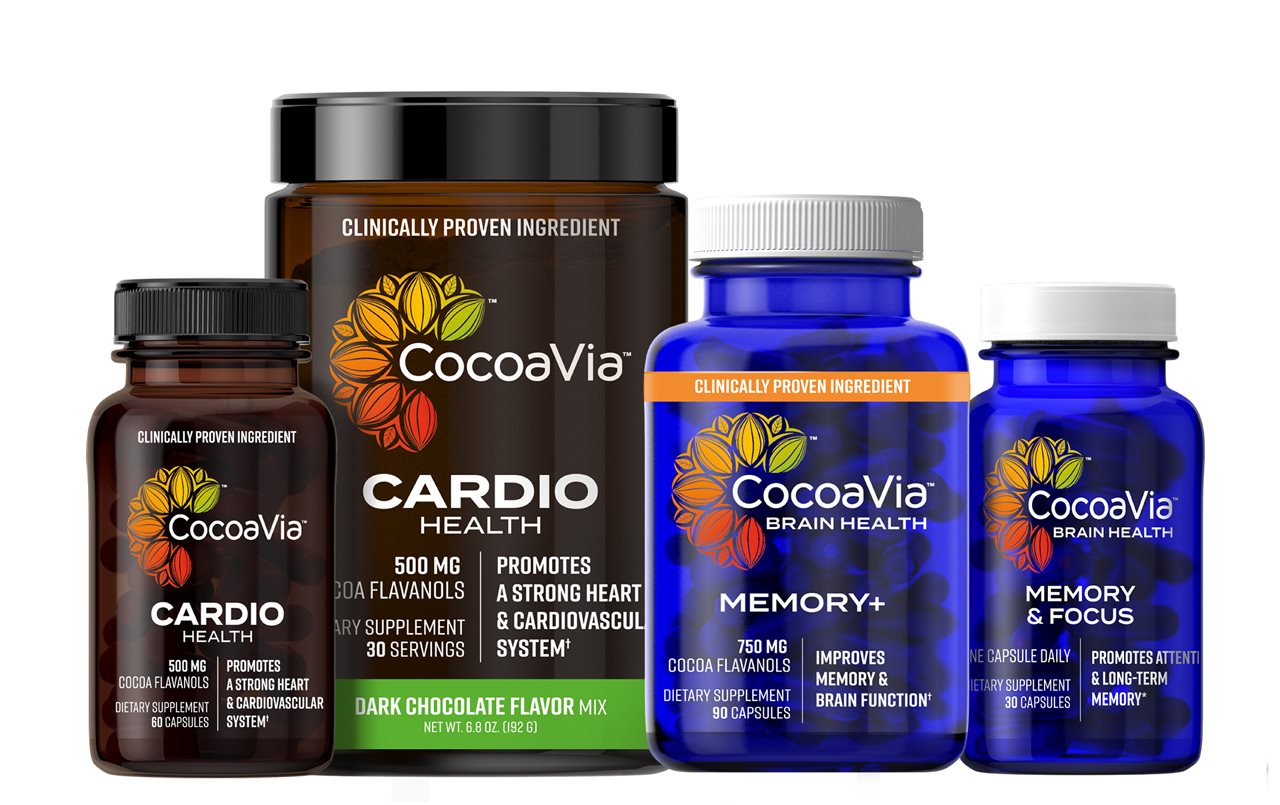
(BPT) – You know the guidelines: the best way to give your body the vitamins and nutrients it needs is through healthy eating, including consuming lots of fruits and veggies. And while getting vitamins, nutrients and other components from food, such as bioactives to help our bodies perform their best, is ideal, let’s face it … it’s not always feasible.

There are plenty of reasons many of us aren’t getting all we need from our meals and snacks. Maybe it’s a dietary restriction, like a food allergy or following a vegetarian diet. Perhaps it’s a health issue that’s keeping our body from absorbing all the nutrients we need. Sometimes the best foods for certain vitamins, nutrients and bioactives aren’t your favorite (looking at you, liver). Or you are unsure of the amount you should get in your diet for optimal health.

That’s where supplements can come in to help our bodies get what they need to perform their best. According to the National Institutes of Health (NIH), supplements “may help ensure that you get adequate amounts of essential nutrients or help promote optimal health and performance if you do not consume a variety of foods.”
We sat down with registered dietitian, Wall Street Journal best-selling cookbook author and nutrition consultant Toby Amidor to get her take, and these are the supplements, in no particular order, she recommends adding to your daily routine ASAP:
- Cocoa flavanols: Cocoa flavanols are bioactives found in cocoa clinically proven to promote long-term cardiovascular and brain health, supporting a strong heart and better memory. Bioactives are food compounds that are not essential nutrients, but are components in foods that an increasing body of research shows can be important to promoting our overall health. While cocoa flavanols are found in cocoa-based products, their levels vary considerably in these products. So, while there may be a temptation to reach for some dark chocolate, you really don’t know what, or the amount of, cocoa flavanols you are actually getting. Taking a daily cocoa flavanol supplement like CocoaVia™ is an easy way to make sure you’re incorporating the recommended amount of cocoa flavanols into your diet. The proprietary extract used in all CocoaVia™ products is the same ingredient used in the recently published COcoa Supplement and Multivitamin Outcomes Study (COSMOS) – a landmark five-year study, led by investigators at Brigham and Women’s Hospital, an affiliate of Harvard University, that provides unprecedented support for the heart health benefits (and safety!) of cocoa flavanols.
- Vitamin D: This vitamin helps your body absorb calcium, one of the main building blocks for building strong bones. Plus, according to the NIH, it helps keep your muscles moving, your immune system robust, and your nerves able to carry messages between your brain and body. But according to the 2020–2025 Dietary Guidelines for Americans, most Americans do not get enough vitamin D in their diet — and very few foods naturally contain vitamin D. A quick blood test by your doctor can tell if you are taking in enough vitamin D — if it’s low, a supplement may be recommended.
- Choline: According to the NIH, most people in the U.S. consume less than the recommended Adequate Intake (AI) for choline. An essential nutrient, choline impacts everything from metabolism to brain and nervous system functions, and a choline deficiency can cause muscle damage, liver damage and even nonalcoholic fatty liver disease. Choline-containing foods — like eggs, beef, chicken and salmon — can be added to healthy diets, and choline supplements can be used to fill consumption gaps.
- Multivitamin: I almost always recommend my clients start their day with a multivitamin. It’s an easy way to add important nutrients to the diet. And with nine out of 10 Americans not eating enough fruits and vegetables, coupling produce intake with a multivitamin is a great insurance policy! With so many different types of multivitamins available, choose the one that meets your life stage needs.
But Amidor says be careful what you put into your body — some supplements can interact with other medications, and not all supplements are created equal! Here’s her advice for consumers:
- Check with a healthcare professional or registered dietitian nutritionist (RDN): They can offer advice on a supplement’s safety, side effects and other considerations you need to know.
- Be careful mixing medications and dietary supplements: Certain supplements can interact with or reduce the effectiveness of medications, leading to unexpected effects.
- Read the product’s label fully, especially the health claims: Do they sound exaggerated, unrealistic or extreme? Additionally, remember that “natural” labeling is not well-defined, nor does it guarantee that a product is safe.
- Visit the product’s website for more detailed information: Look for the manufacturers’ safety testing protocols and research to support claimed benefits. Be wary of products supported only by undocumented reports, testimonials from consumers or internal data that is not shared.
Your body may not be getting the nutrients it needs to perform its best from your daily meals and snacks, but if you follow this advice, you can use supplements to bridge the gap your diet may be leaving!
Toby Amidor is a paid partner of Mars.
† These statements have not been evaluated by the Food and Drug Administration. This product is not intended to diagnose, treat, cure, or prevent any disease.
